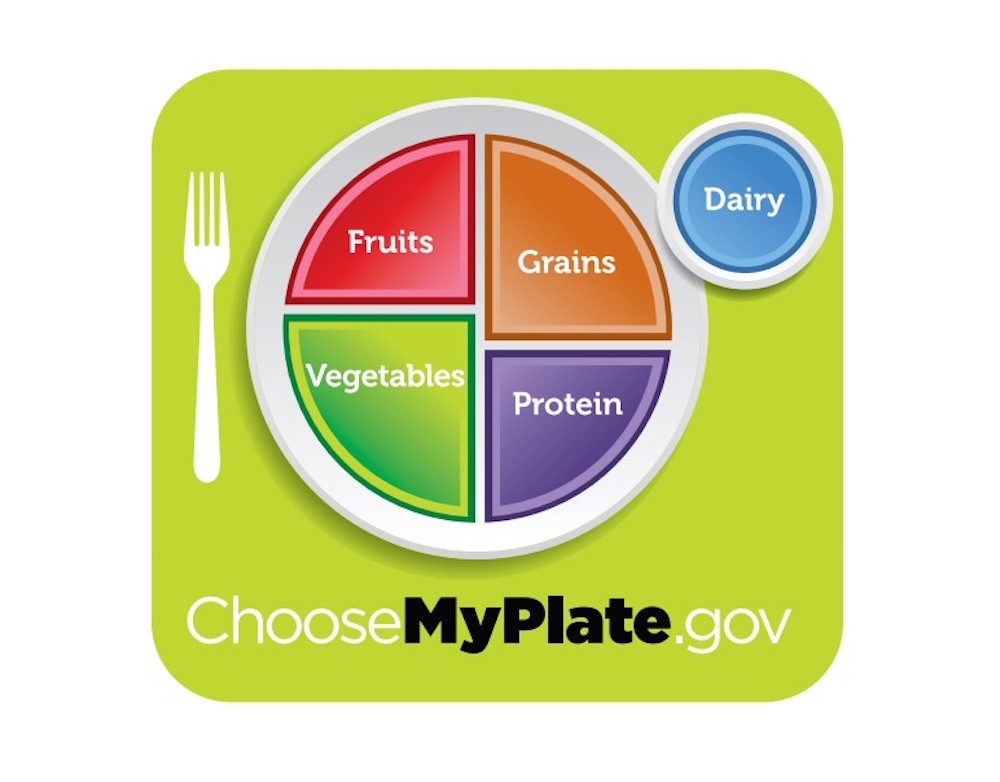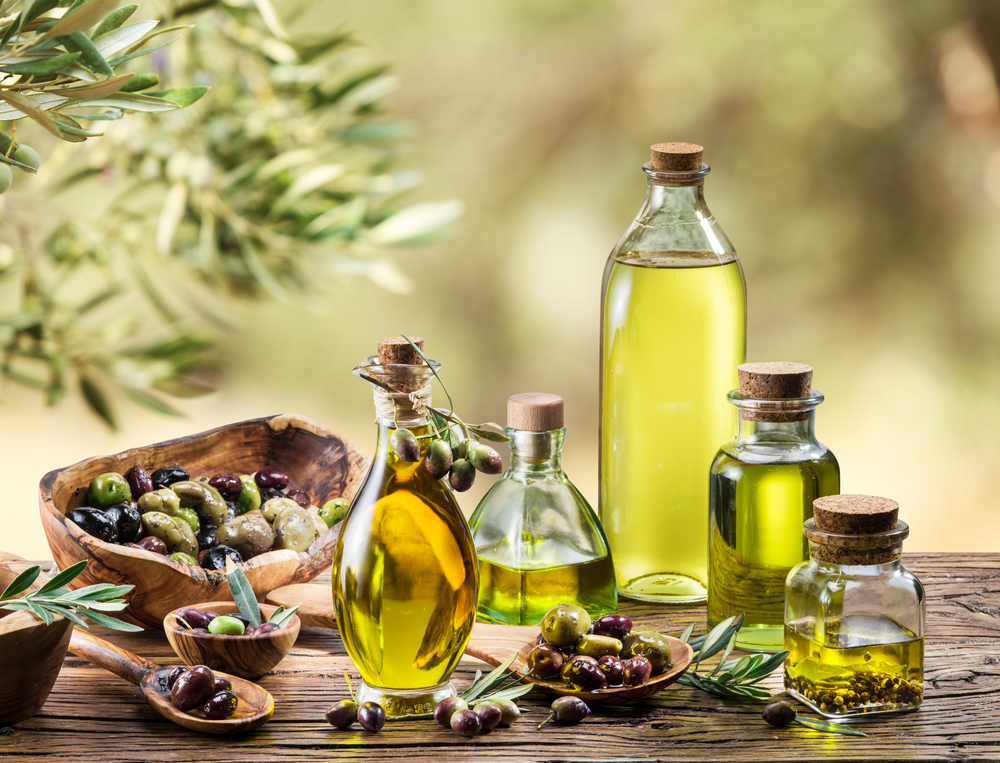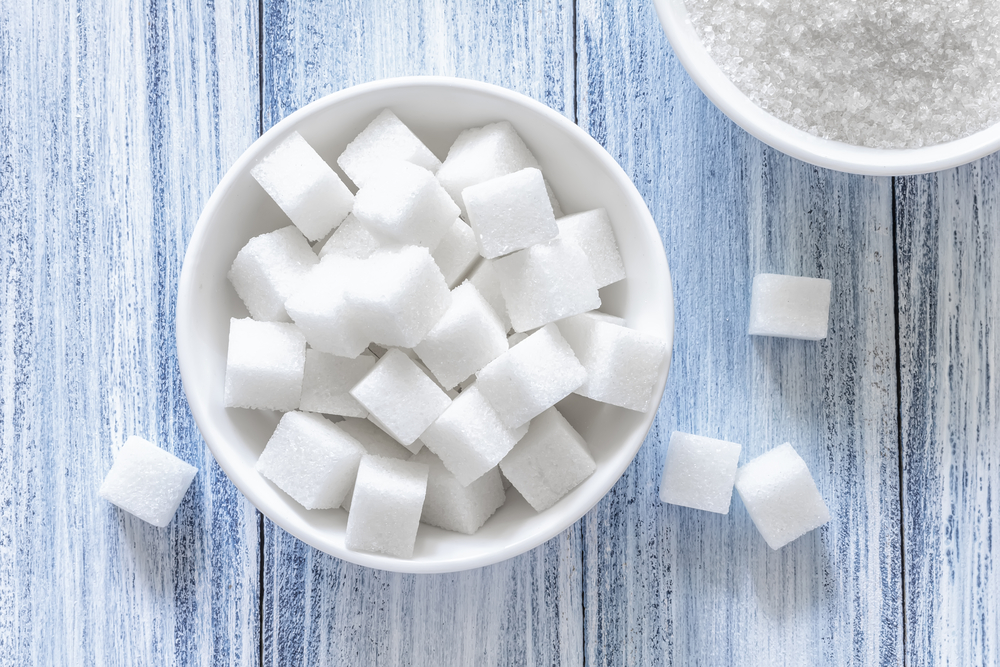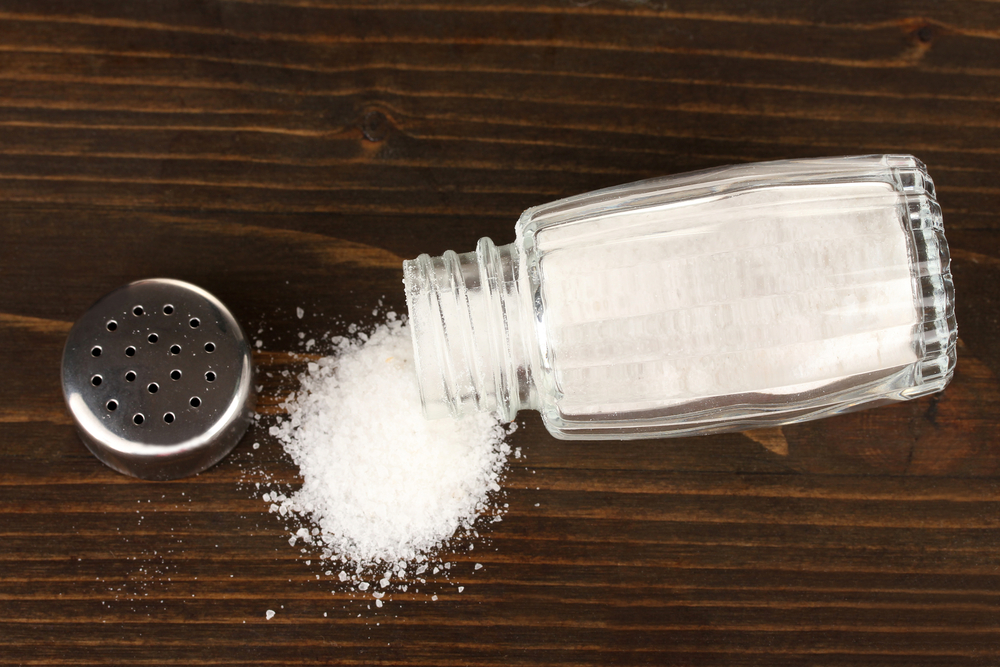
How to Eat Healthy (and Cut Sugar, Salt and Fat)
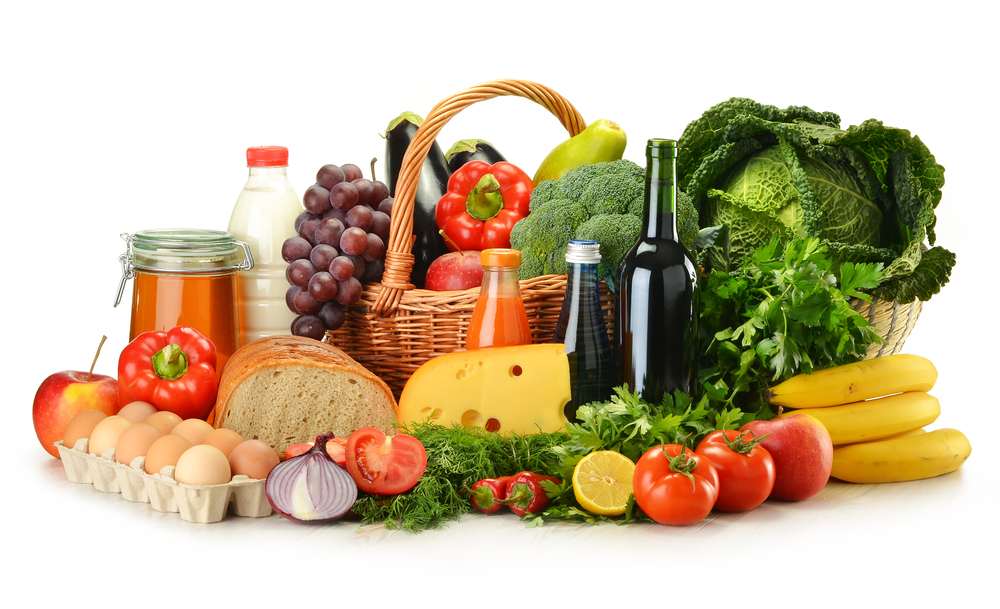
Live Science is bringing our readers a monthly series on personal health goals, with tips and tricks for reaching those goals with advice we've gathered from the countless health experts we've interviewed. Each month, we'll focus on a different goal, and the goal for February is "Eat Better." Follow us on Facebook and Twitter to connect with other readers who are working toward these goals.
Jump to: January — Lose Weight | March — Start Exercising | April — Cope with Allergies | May — Protect Yourself from Sun and Heat | June — Stay in Shape Outdoors
It's not uncommon to feel as if you're drowning in a sea of diet advice: drink red wine for heart health; avoid bacon and processed meats; make sure your diet is filled with "superfoods."
But eating a healthy diet is actually quite simple, if you know what to look for. Live Science pulled together the best advice and the most relevant stories about nutrition so you can eat better this year.
Nutrition Guidelines
There is no single "perfect" healthy diet. But the U.S. government guidelines, which emphasize eating fruits, vegetables and whole grains and moving away from salt, added sugars and saturated fats, are a good place to start.
Here's what they say:
- ChooseMyPlate: Tools & Resources for Healthier Diet
- The Big Picture: What the New Diet Guidelines Mean for You
- Hold the Sugar, US Nutrition Panel Recommends
- For First Time, US Dietary Guides May Boost Veggies Over Meat (Op-Ed)
Should You Go Vegetarian?
Are vegetarian diets really better for you? That may depend on what your goals are. But science shows that it is OK to have some meat in your diet — just don't go overboard.
Get the world’s most fascinating discoveries delivered straight to your inbox.
More info:
- Meat May Not Be So Bad for You After All (But There's a Catch)
- Vegetarian Diets Lower Blood Pressure Best
- Want to Live Longer? Eat a Plant-Based Diet
- 7 Tips for Moving Toward a More Plant-Based Diet
Mediterranean Diet
When it comes to healthy diets, it's hard to find one with more accolades than the Mediterranean diet. Rich in fruits, vegetables, olive oil and fish, it has been linked in studies to numerous aspects of health, from the head to the heart.
More info:
- Mediterranean Diet: Foods, Benefits & Risks
- Mediterranean Diet May Reduce Breast Cancer Risks
- Mediterranean Diet May Be Good for Your Brain
- Women Could Lower Fracture Risk with Mediterranean Diet
- Mediterranean Diet Linked to Slower Aging
- Mediterranean Diet May Prevent Diabetes
Other Diet Options
If you're not mad about the Mediterranean diet, there are other healthy ways to go. The American Heart Association’s "DASH" diet, which stands for Dietary Approach to Stop Hypertension, is not only praised as a heart-healthy diet but also a good diet for people who want to lose weight. And the "Japanese diet," or the general way that people commonly eat in Japan, has been linked to longer life, one study has shown.
More info:
- 'Japanese Diet' Linked to Longer Life
- Diet and Weight Loss: The Best Ways to Eat
- What is the Paleo Diet?
The Low Down on Sugar
The tables have turned on the sweet stuff: Although it was once considered not especially harmful, a slew of research now shows that sugar — specifically, added sugar — is particularly damaging to a person's health. Too much sugar can raise a person's risk for both Type 2 diabetes and heart disease.
More info:
- How to Fight Sugar Cravings
- Why is Too Much Sugar Bad for You?
- Added Sugar May Boost Risk of Heart Disease, Death
- Infographic: How Much Sugar Is in That?
- The Science of Sugar: Is Corn Syrup the Same?
The Low Down on Fat
Not all dietary fat is bad. Indeed, increasing evidence suggests that unsaturated fats can benefit health. However, trans fats have proved to be very damaging, leading the FDA in 2015 to ban them as an ingredient.
More info:
- What Is Saturated Fat?
- What Do Fats Do in the Body?
- Eating Healthy Fats May Reduce Deaths from Heart Disease
- Eating Fat Doesn't Make You Fat
- Infographic: Different Kinds of Fat
- Facts about Trans Fat
The Low Down on Salt
The body needs sodium – aka salt – in order to function. But too much of this mineral raises blood pressure, which can lead to a slew of heart problems, including heart disease. The salt you sprinkle on your dinner or add to a recipe isn't the main cause of sodium in your diet; rather, the majority of dietary sodium comes from processed foods.
More info:
- The Great Salt Debate: How Much Sodium Is Too Much for Your Diet?
- New FDA Salt Targets: Which Foods Would Change Most?
- 6 Ways to Hold the Sodium
Natural, Organic, GMO: What Do Labels Mean and Do They Matter?
Reading food packaging can seem like doing a word search sometimes, but what do all the labels food manufacturers throw on your favorite snacks actually mean? Sometimes, a label doesn't quite mean what it says. For example, "reduced sodium" products can still have a good deal of sodium — this label just means it has 25 percent less than the "regular" version of the same product. And in other cases, like with the word "natural," it doesn't mean anything at all.
More info:
- Food Labels: Definition of Natural & Organic
- Eating Organic Produce Can Limit Pesticide Exposure
- Organic Meat May Have Higher Parasite Risk
- GMOs: Facts About Genetically Modified Foods
Easy Ways to Eat Healthy
For easy ways to choose healthy foods, check out Live Science's roundup of tips.
Tech Tools to Eat Healthy
In today's digital world, there are plenty of tech tools to help you eat a healthy diet.
- 10 Best Diet & Nutrition Apps
- Healthy Eating Trick: Use Tech to Order Food
- 10 Best Food Scales
Originally published on Live Science.

